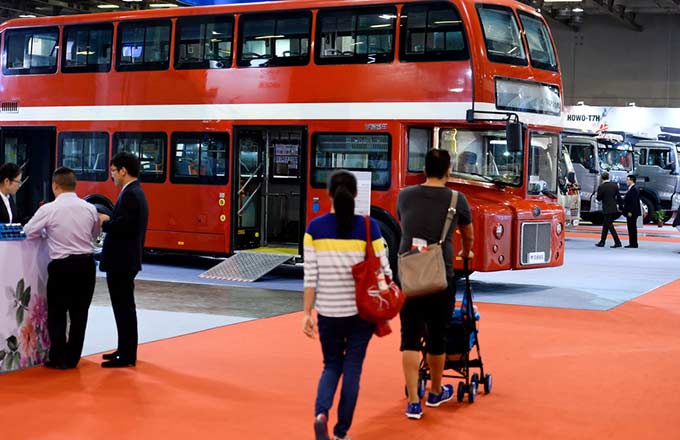WTO representative warns of trade frictions
BEIJING -- China should be mindful of increased trade frictions with European countries and the United States, the Chinese representative to World Trade Organization (WTO) warned on Monday.
"China must remain alert to the intensity, measures and involved industrial sectors concerning trade restrictions on China," said Yi Xiaozhun, permanent representative of China to the WTO.
European countries and the US are adopting increasingly harsh trade relief measures on China's exports, Yi told Xinhua on the sidelines of the annual session of the 12th National Committee of the Chinese People's Political Consultative Conference, the country's top political advisory body.
The amounts of money involved in punitive measures have soared from several million US dollars a few years ago to billions of US dollars at present, Yi said.
In 2012, the EU launched anti-dumping investigations into photovoltaic cells from China valued at over $20 billion, affecting the entire Chinese photovoltaic cell industry.
Yi said that trade restriction measures adopted by European countries and the US have evolved from simple anti-dumping measures to countervailing and anti-subsidies measures -- and even a combination of anti-dumping and countervailing measures.
In 2004, Canada took the lead in launching countervailing measures against barbecue grills imported from China. European countries and the US promptly followed suit.
Yi said trade frictions have expanded from low-end sectors like textiles and shoes to high-end sectors such as the photovoltaic and telecommunications industries, in which China is showing competitiveness or taking a leading role.
"The EU poses itself as the 'leader' in coping with climate change, but at the same time, it exercises trade sanctions on Chinese environmental friendly and energy-saving products that are inexpensive but good. It is apparently inconsistent and unreasonable," said Yi.
Yi said the EU and the United States keep creating trade frictions and increasing punitive measures because most developed countries have been hit hard by the economic downturn.
They opt for trade protection measures to safeguard their own industries and job opportunities.
"For political reasons, European countries and the US do not simply target specific products in trade restrictions. They point at China's macro policies and systems," said Yi.
Over half of the world's countervailing measures are directed against China, and 70 percent of US countervailing measures are aimed at China, he said.
"We must resolutely oppose such trade protectionism abuse," Yi said. "Otherwise, China will see an increasingly worse export environment."
















